International
Rising Argentine inflation ends 2021 over 50%

AFP
Argentine inflation continued to rise in 2021, ending the year at more than 50 percent, the state statistics institute said on Thursday,
It was grim news for the South American country, given cumulative inflation in 2020 — a year when the economy was almost paralyzed by the Covid-19 pandemic — was just 36 percent.
The largest price increases in 2021 were in hotels and restaurants (65.4 percent), transport (57.6) and food (50.3).
“During 2021, the government tried to anchor inflation and to do so basically used the regulation of the price of utility rates and the exchange rate,” Hernan Fletcher of the Argentine Center of Economic Policy, told AFP.
“Although it certainly was not a success, without this, inflation would have been higher.”
Since 2019, Argentina has imposed ever stricter currency exchange controls, meaning citizens can only withdraw $200 a month at the official rate.
For 2022, the government predicted in its budget — which was rejected by the opposition-dominated parliament — an inflation of 33 percent.
Opposition figures derided the budget as unrealistic.
According to a Central Bank survey, inflation in 2022 will be 55 percent.
The news comes with the government embroiled in a tricky renegotiation with the International Monetary Fund (IMF) over the repayment structure of a $44 billion loan agreed in 2018.
Argentina is due to pay back $19 billion to the IMF this year, another $20 billion in 2023 and $4 billion the following year.
Yet analysts estimate that the country has just $4 billion in international reserves.
“A deal with the IMF could improve the economy in terms of expectations, but in terms of inflation I don’t see 2022 being very different to 2021,” said economist Pablo Tigani.
International
Trump administration begins downsizing ‘bloated’ state department workforce
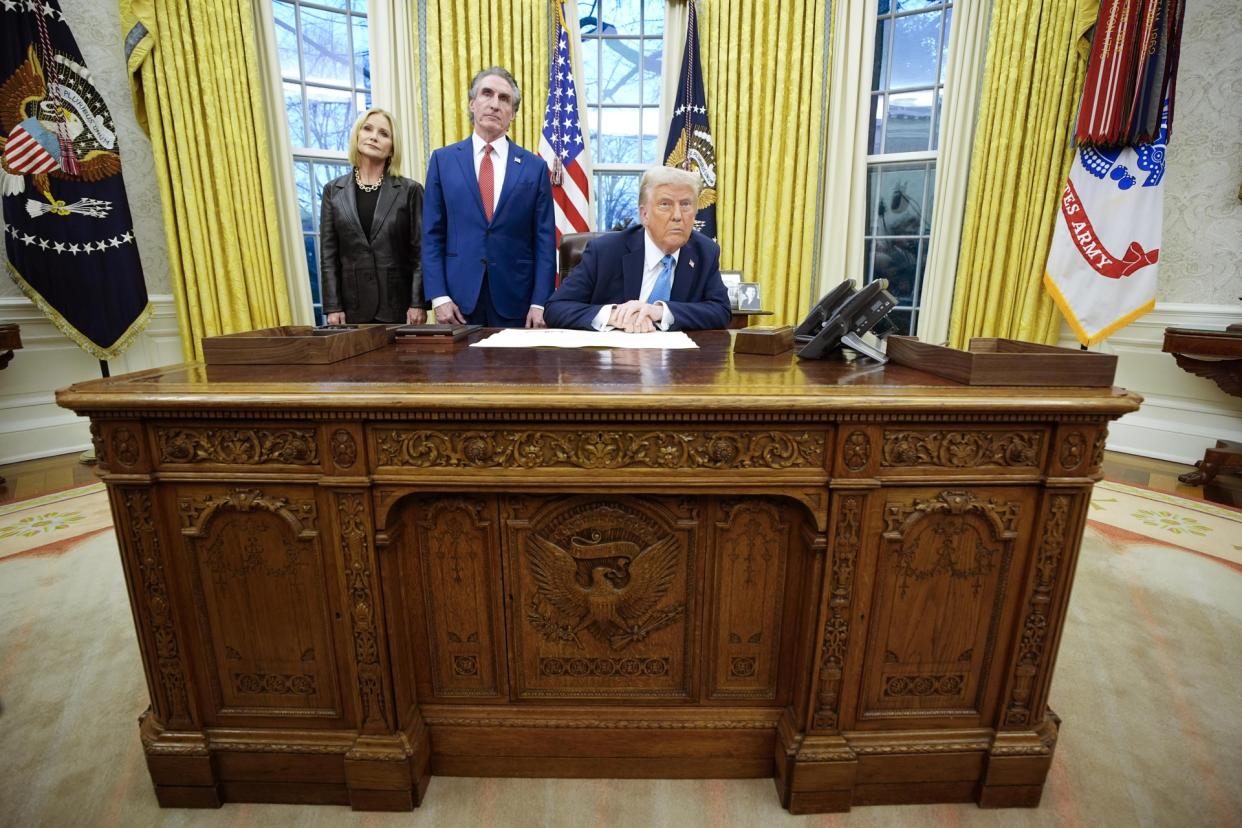
The U.S. Department of State issued layoff notices on Friday to more than 1,300 employees both domestically and abroad, marking the start of a workforce reduction aimed at trimming what officials have called a “bloated” staff. The move is part of President Donald Trump’s broader effort to restructure the federal government.
According to local media reports, more than 1,100 Civil Service employees and around 250 Foreign Service officers received notifications via email. Those affected will be placed on administrative leave for periods ranging from 90 to 120 days from the date of their dismissal notice.
The job cuts are part of a plan to centralize and streamline the agency’s operations without disrupting its overall functioning. The restructuring was designed by Secretary of State Marco Rubio, who had previously informed Congress in May of his intention to reduce the department’s workforce by 15%. The State Department currently employs about 18,000 people.
According to the top U.S. diplomat, the goal is to optimize what he described as a “bloated bureaucracy that stifles innovation and misallocates scarce resources,” as well as to eliminate remnants of “radical political ideology.”
The reorganization is expected to hit hardest in offices focused on human rights and refugee issues, which will now be handled by regional bureaus, according to The New York Times.
“We inherited a system that needed reform, and we are delivering it,” said State Department spokesperson Tammy Bruce on Thursday, adding that the Administration is committed to a foreign policy that puts U.S. interests first.
International
Trump defends Bolsonaro, hints at talks with Brazil after tariff warning
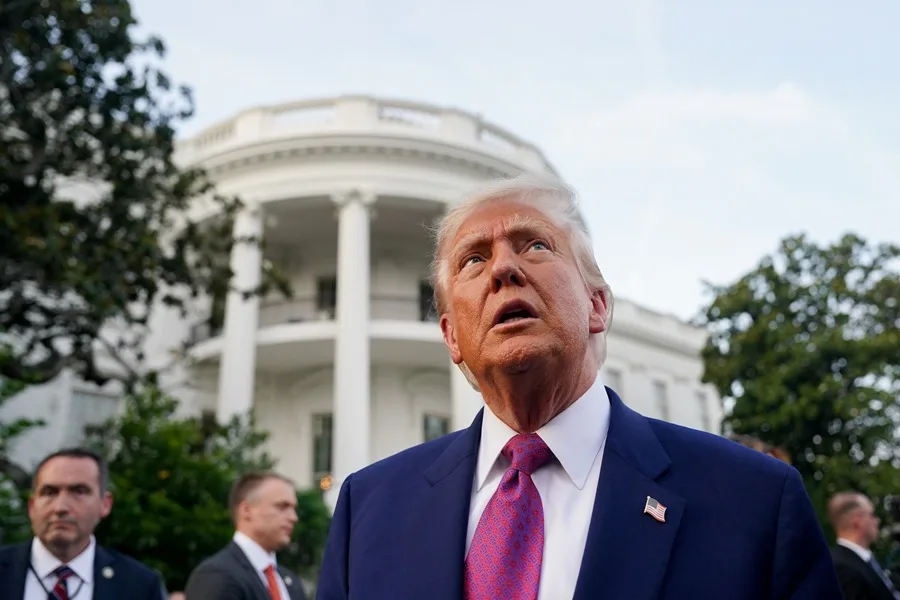
U.S. President Donald Trump said on Friday that he “might at some point” choose to speak with the Brazilian government after threatening to impose a 50% tariff on imports from the South American country, citing what he claims is a political persecution against former president Jair Bolsonaro.
“I might talk to them at some point,” Trump said when asked whether he had spoken with officials in Brasília following the tariff threat he sent earlier this week.
The president once again insisted that the government of President Luiz Inácio Lula da Silva is “treating former President Bolsonaro very unfairly.” He reiterated his admiration for Bolsonaro, calling him “a good negotiator” in trade matters.
“I shouldn’t like him because he was such a good negotiator. But he was an honest man,” Trump stated before departing Washington for flood-affected regions in Texas.
“I can tell the difference between those who are corrupt and those who are honest,” the Republican added, referring to the far-right former Brazilian president.
On Wednesday, Trump sent a letter to the Brazilian government announcing a 50% tariff on Brazilian imports starting August 1.
International
Sheinbaum slams ICE raids after 355 mexicans detained and 67,000 repatriated

Mexican President Claudia Sheinbaum stated on Friday that at least 355 Mexican migrants have been detained in various immigration raids across the United States, and over 67,000 have been repatriated since January 20, when Donald Trump’s administration began.
“There are 355 Mexican nationals directly linked to the raids who have been detained,” the president reported during her morning press conference.
She clarified that, on Thursday alone, following a raid on agricultural fields in California, the Mexican consulate received 25 calls from relatives seeking assistance for the detainees. However, the total number of those arrested is still being verified.
Sheinbaum’s comments come in response to Thursday’s reports that Mexican workers were detained by Immigration and Customs Enforcement (ICE) during raids on farms in California, specifically in Santa Barbara County, in the Carpinteria area.
The actions of ICE agents sparked protests, which were dispersed when officers deployed tear gas on demonstrators in the middle of the fields.
In response, the Mexican government, through its foreign ministry, activated its consular support protocol to assist the detained nationals.
The Mexican leader took the opportunity to condemn the raids, calling them “deeply unfair” and warning that “they will significantly harm the U.S. economy.”
-
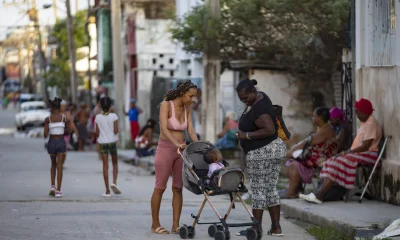
 International3 days ago
International3 days agoCuba confirms 76 femicide cases in 2024, among highest rates in region
-

 Central America3 days ago
Central America3 days agoIllegal crossings at U.S.-Mexico border plunge 92% in historic shift
-

 Central America3 days ago
Central America3 days agoCosta Rica extends humanitarian status and grants work permits to stranded migrants
-
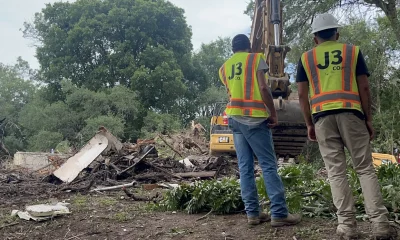
 International3 days ago
International3 days agoU.S. thanks Mexico for sending rescue teams after deadly Texas floods
-
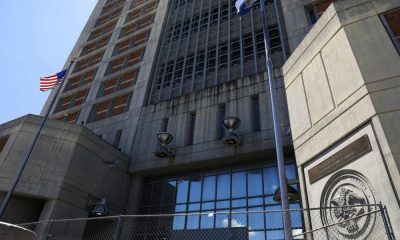
 International4 days ago
International4 days agoDOJ and FBI officially deny Jeffrey Epstein ‘client list’ conspiracy theories
-

 International4 days ago
International4 days agoIranian president says Israel tried to assassinate him, warns U.S. against war
-

 International4 days ago
International4 days agoHonduras regrets U.S. decision to end TPS for 72,000 hondurans
-

 Central America2 days ago
Central America2 days agoDengue crisis in Panama: co-circulating serotypes fuel rise in fatal cases
-

 International4 days ago
International4 days agoBolsonaro thanks Trump for support amid Brazil coup trial
-

 International4 days ago
International4 days agoSheinbaum urges unity and respect after clashes over gentrification in Mexico City
-
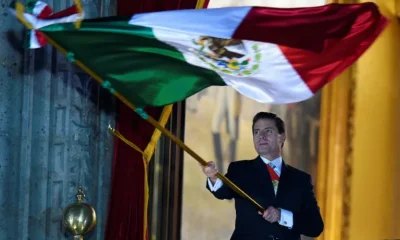
 International3 days ago
International3 days agoMexico launches probe into alleged $25 million bribe to ex-president Peña Nieto
-

 International4 days ago
International4 days agoGunman killed after shooting outside Texas Border Patrol Building
-

 International2 days ago
International2 days agoICE set to become America’s largest security force under Trump’s $75B immigration overhaul
-

 International4 days ago
International4 days agoRussian ex-transport minister found dead after dismissal by Putin
-
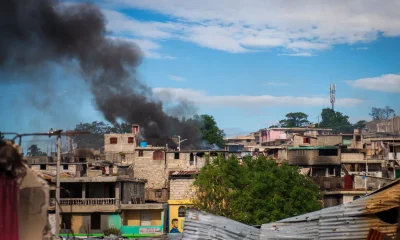
 International4 days ago
International4 days agoTrump ends TPS for haitians as gang violence surges in homeland
-

 International3 days ago
International3 days agoTrump and Bondi slam Epstein inquiry amid Texas flood tragedy
-

 International2 days ago
International2 days agoHarvard faces Federal pressure over immigration docs, autonomy dispute intensifies
-

 Central America1 day ago
Central America1 day agoGuatemala hit by over 300 quakes; death toll rises to seven
-

 Central America1 day ago
Central America1 day agoU.S. revokes visas of top Costa Rican lawmakers and constitutional judge
-

 International1 day ago
International1 day agoGerman parliament orders removal of LGBTQ+ flags amid growing controversy
-

 International1 day ago
International1 day agoUK and France seal innovative migrant exchange deal to curb channel crossings
-

 International1 day ago
International1 day agoFederal judge halts Trump’s order to end birthright citizenship
-
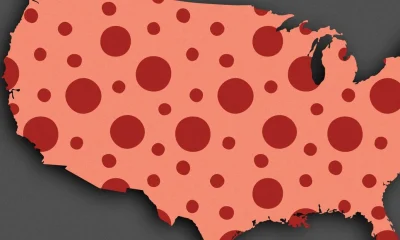
 International1 day ago
International1 day agoCDC reports record measles outbreaks in 39 U.S. jurisdictions this year
-

 International10 hours ago
International10 hours agoSheinbaum slams ICE raids after 355 mexicans detained and 67,000 repatriated
-

 International1 day ago
International1 day agoUkraine gains $10 billion in commitments during Rome Recovery Forum
-
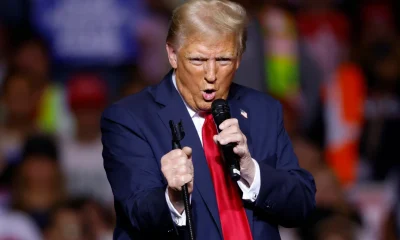
 International1 day ago
International1 day agoSix agents penalized for conduct failures in July 2024 attack on Donald Trump
-

 International10 hours ago
International10 hours agoTrump defends Bolsonaro, hints at talks with Brazil after tariff warning
-
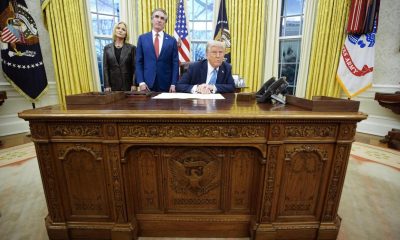
 International10 hours ago
International10 hours agoTrump administration begins downsizing ‘bloated’ state department workforce




















